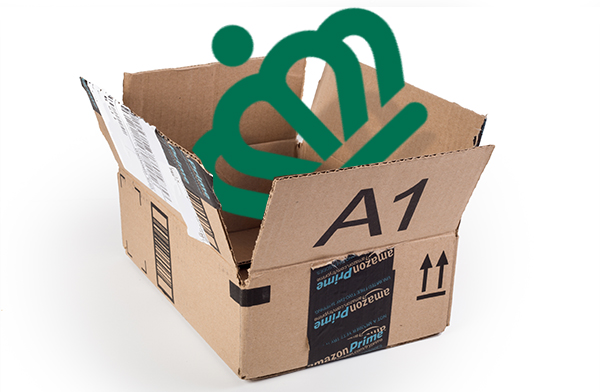Efforts to lure Amazon’s newest headquarters are becoming nutty, according to media reports.
In Georgia, the Stonecrest City Council has offered to de-annex some land and name it the city of Amazon; Birmingham installed gigantic Amazon delivery boxes around town; and in an effort to lure the tech giant to southern Arizona, economic developers sent CEO Jeff Bezos a giant 21-foot Saguaro cactus. (Amazon can’t accept gifts, it said via Twitter, and said it donated the cactus to the Desert Museum.)
Last month, Amazon announced plans to open another North American headquarters. Called HQ2, it is expected to cost at least $5 billion to build and could employs as many as 50,000 workers. Proposals from cities and economic developers are due to the retail giant Oct. 19th. I hear from sources that Charlotte’s got great potential to land on the short list.
I have a prediction for ultimately what will happen, more on that in a bit.
Amazon’s detailed list of preferences for its newest headquarters calls for an urban or suburban area with 1 million people and the ability to attract technical talent.
With Charlotte’s growing fintech talent and appeal to millennials, the Queen City makes a great candidate, something I was discussing with a reporter from a national news organization last week. We are rich with educated workers trained by banks or other financial institutions, and our local workers tend to have a high degree of loyalty to the area – a big plus in Charlotte’s favor. Also, the cost differential for Amazon moving to Charlotte over a place like Seattle is staggering. I’m told it amounts to $20,000 per employee per year. That’s more than $1 billion per year, every year, for Amazon’s bottom line.
I was pleased when I asked the reporter where Charlotte fell short and he had to pause and think. He came up with other urban areas have universities nearby saying Amazon covets that intellectual capital and wants to be close to research such as with voice recognition.
I reminded him that we’ve got UNC Charlotte, which has one of top three big data schools in the country. I hope Amazon is thinking about the data program because there are a lot of other retailers working with UNCC, retailers like Belk and Lowe’s Home Improvement, that are working to understand the flows of their demand and processing.
Also, I was talking with Ronnie Bryant of the Charlotte Regional Partnership the other day, and he remarked that the Charlotte area’s personality is still being shaped, which creates a great opportunity for a large company, such as Amazon, to make its mark on a vibrant region – similar to what Hugh McColl did with NationsBank (now Bank of America) in its heyday.
Maybe Charlotte could send bank bags of treasury notes in the trunk of a NASCAR racer?
Ultimately, however, my prediction is Amazon’s decision will be based on something largely out of our economic developers’ hands. My prediction is that the final decision will surprise a lot people. We could be hearing that Amazon decides to go to Canada because of the federal government’s increasingly strict immigration policies, which includes the U.S. government’s clamping down on H-1B visas, often used to hire foreign engineers. Truly, this is a factor.
Still, it probably can’t hurt to send Amazon a bucket of BBQ or suitcases of cash.







